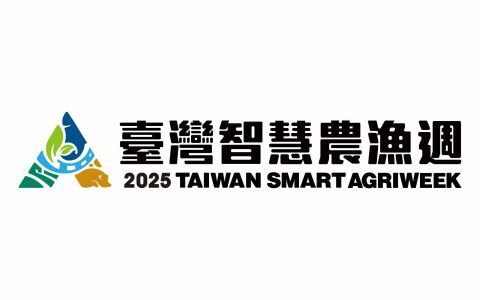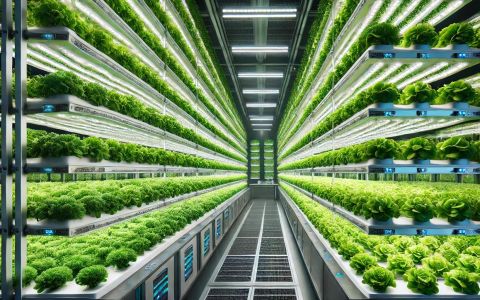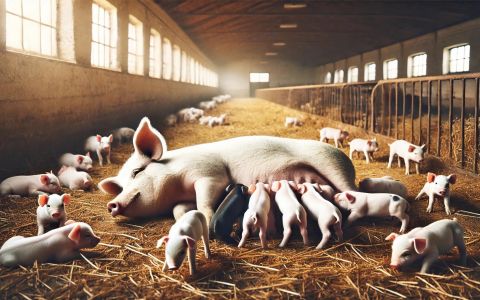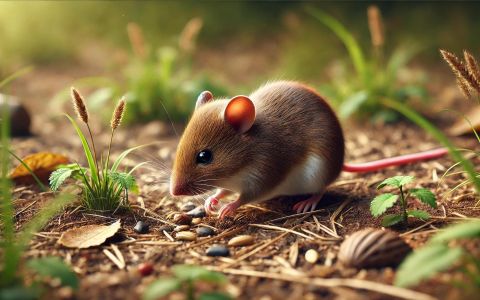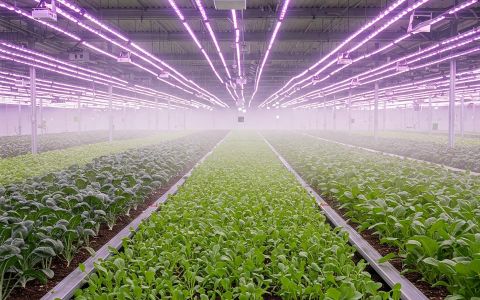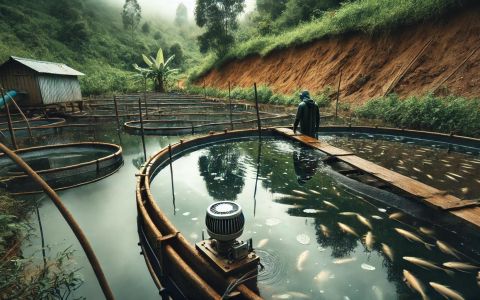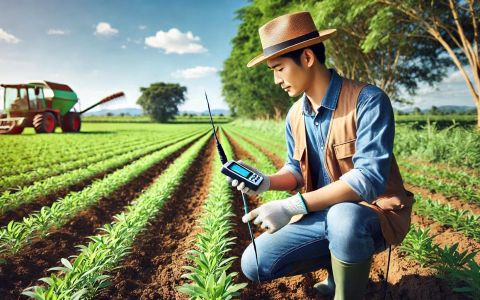Making the Best of Integrated Crop Management: Saving Cost of Short-term Crop Management for Farmers while Ensuring Bountiful Harvests
Farmers who have attended agricultural seminars hosted by governmental agencies are likely familiar with Integrated Pest Management (IPM), a method that combines the use of pesticides with various techniques such as physical, biological, and agricultural control measures to reduce pest/pathogens populations and minimize pesticide residues. Besides reducing the development of pesticide resistance among pests, IPM also has positive effects to our environment.
However, the use of different control methods can only reduce the damage caused by pests and have limitations on improving crop yields. In recent years, Integrated Crop Management (ICM) has emerged internationally. ICM incorporates Integrated Nutrient Management (INM) with IPM, enhancing crops' inherent resistance to pests/pathogens and improving nutrient uptake and physiological transformation.
Dr. Yang Hsiu-Chu, a retired researcher from the ACRI, has been a major advocate for ICM promotion in Taiwan. The Ministry of Agriculture of Taiwan has implemented the "Demonstration Project for Promoting the Introduction of Crop Integrated Management (ICM) into Production and Marketing Group Verification," promoting ICM for crops such as pineapples, dragon fruits, rice, cucumbers, and sweet potatoes. The Taiwan ICM Enterprise Alliance, comprising JHB Taiwan Corporation, Hopax Fine Chemicals, Agrogreen, and Group Gain, introduced ICM schemes for strawberries, coffee, cantaloupes, mangoes, and citrus fruits at last year's Asia-Pacific Agricultural Technology Exhibition. These schemes utilize organic fertilizers combined with microbial agents and liquid fertilizers, along with potassium phosphite, plant essential oils, and trace elements such as manganese and zinc, to enhance the absorption of major and trace elements while simultaneously reducing pest/disease occurrences.
In field demonstrations of short-term crops, using microbial agents derived from Bacillus licheniformis and Bacillus subtilis, organic fertilizers with added microbial agents, and potassium phosphite, strawberry yields increased by 5% to 17%. Combining microbial product with organic fertilizers further increased Chinese cabbage fresh weight by 35%. Spraying cinnamon essential oil product increased tomato yields by 15%. Additionally, irrigating potatoes with cinnamon essential oil, microbial product, and potassium phosphite increased yields by 28%, 18%, and 5%, respectively, while reducing the incidence of potato scab.
During Taiwan Smart Agriweek in 2024, two mainland China cpmpanies into the Taiwan ICM Enterprise Alliance, including JHB China Inc. and Duofen Agriculture. In addition to existing items like immune inducers, plant protection essential oils, botanical pesticides, and microbial fertilizers, leaf nutrient agents have been added. These additions will further assist farmers in implementing ICM for crop production management, enabling them to quickly mitigate initial losses caused by pests while simultaneously increasing crop yields and quality during harvesting periods.
Other News
Introducing a brand-new Corporate Identity System (CIS) with a clean and impactful logo that symbolizes the event’s mission to connect various sectors of the agriculture industry.
Taiwan’s agriculture plays a pivotal role in national food security, economic development, and global trade. Despite limited arable land, climate challenges, and an aging rural workforce, Taiwan has developed a highly efficient and technologically advanced agricultural system. Today, the sector is undergoing a digital and sustainable transformation through smart farming, automation, and eco-friendly practices—aimed at boosting productivity, reducing labor reliance, and improving resilience.
Inquiry Date: March 8, 2025
Buyer's Country: Taiwan
Inquiry Date: March 7, 2025
Buyer's Country: Pakistan
Inquiry Date: March 5, 2025
Buyer's Country: Taiwan
Inquiry Date: March 5, 2025
Buyer's Country: Taiwan
Inquiry Date: March 4, 2025
Buyer's Country: Taiwan
Inquiry Date: March 3, 2025
Buyer's Country: Taiwan
Inquiry Date: March 2, 2025
Buyer's Country: Taiwan
Inquiry Date: February 27, 2025
Buyer's Country: Taiwan











